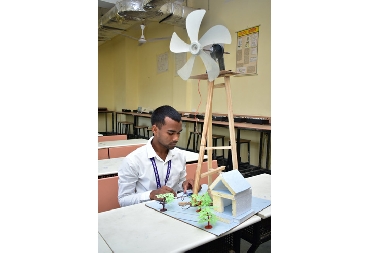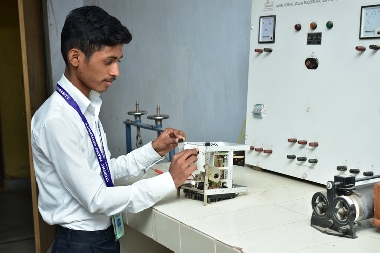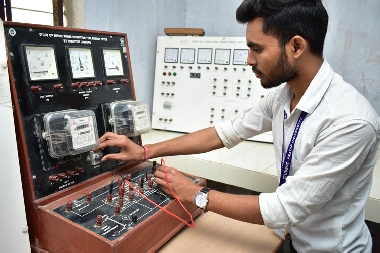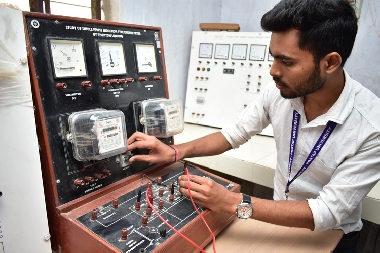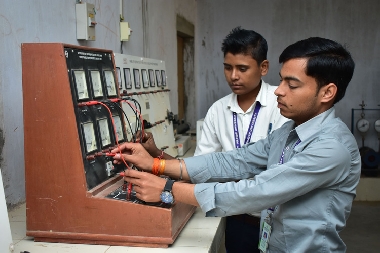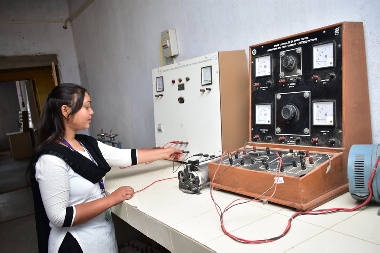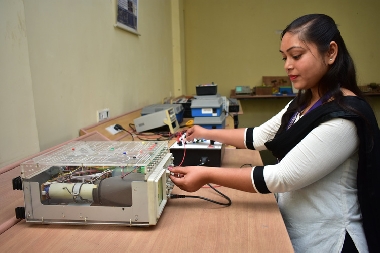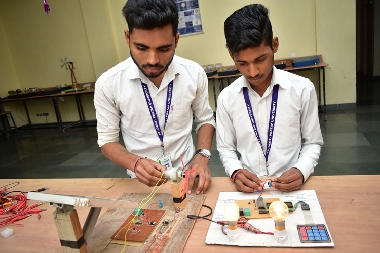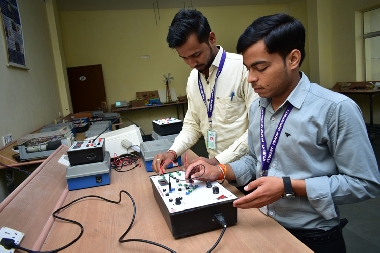×  Admission
News & Updates
Departments
Admission
News & Updates
Departments
 Admission
News & Updates
Departments
Admission
News & Updates
Departments
Engineering
Management Studies
Computer Science / Information Technology
Pharmacy
Education
Basic Sciences & Humanities
library & Information Science
Journalism & Mass Communication
Courses Training & Placements
Placement Cell Corporate Talks Talks & Tours Softskill Training Personality Development Enterpreneurship Cell
Life@PU
Hostel & Mess Annual Event Sifalri Guru Shishya Awards Events Medical Services Cafeteria Central Library Transport facility Gymnasium Sports Facility
About
The Group Group Journey Chairman Message VC Message Foreign Collaboration Faculty Profile Awards & Honours Infrastructure
Grievances
Contact
Group Websites
